South American nature holidays – take a walk on the wild side
We find holidays in South America where you can explore nature in all its diversity.

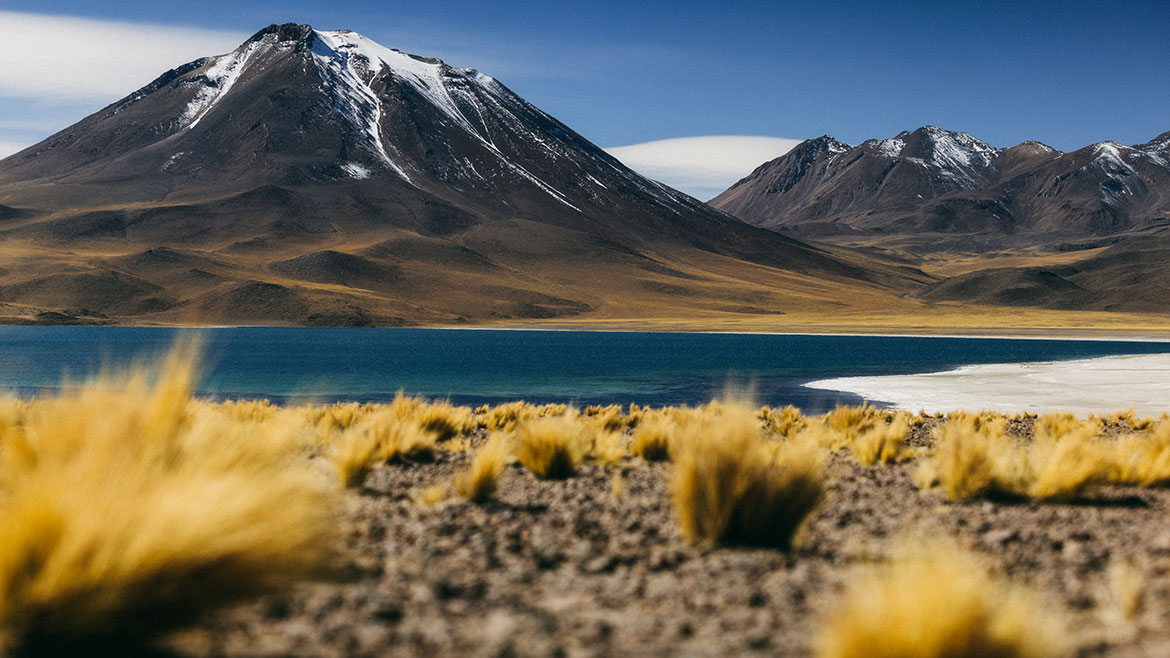
Get the latest financial news, insights and expert analysis from our award-winning MoneyWeek team, to help you understand what really matters when it comes to your finances.
You are now subscribed
Your newsletter sign-up was successful
Want to add more newsletters?

Twice daily
MoneyWeek
Get the latest financial news, insights and expert analysis from our award-winning MoneyWeek team, to help you understand what really matters when it comes to your finances.

Four times a week
Look After My Bills
Sign up to our free money-saving newsletter, filled with the latest news and expert advice to help you find the best tips and deals for managing your bills. Start saving today!
An oasis of calm in the Atacama
San Pedro de Atacama is “an oasis amid the Atacama Desert of northern Chile”, says Mark Johanson for Bloomberg Pursuits. Here, visitors will find “glittering salt flats, sky-poking volcanoes, teal lagoons painted pink with flamingos” and the resort town’s most recent hotel opening – the 51-room Our Habitas Atacama, which opened in September. The hotel makes a virtue out of allowing guests to explore the desert by themselves, whether on horseback or by quad bike, and it is well worth it. “By night, the Atacama sky – studied by astronomers the world over due to its almost complete lack of cloud cover, moisture or light pollution – offers a priceless spectacle.”
The hotel has been designed so that guests feel like they are “entering a traditional Atacama home”. The thick clay walls are made of “temperature-controlling adobe” and the grass roofs are lined in brea, a native flowering plant, while the pottery and tapestries have been created by local indigenous artisans. “A highlight at the Atacama property is the clay sweat lodge, or temazcal.” Guests “set forth their intentions” for the treatment as a trained local guide “pours herb-infused water atop fiery volcanic stones, heating the dome-like lodge with increasing levels of steam. The idea is to detoxify your body and remove stress in your mind.”
Our Habitas Atacama from $300 a night
MoneyWeek
Subscribe to MoneyWeek today and get your first six magazine issues absolutely FREE

Sign up to Money Morning
Don't miss the latest investment and personal finances news, market analysis, plus money-saving tips with our free twice-daily newsletter
Don't miss the latest investment and personal finances news, market analysis, plus money-saving tips with our free twice-daily newsletter
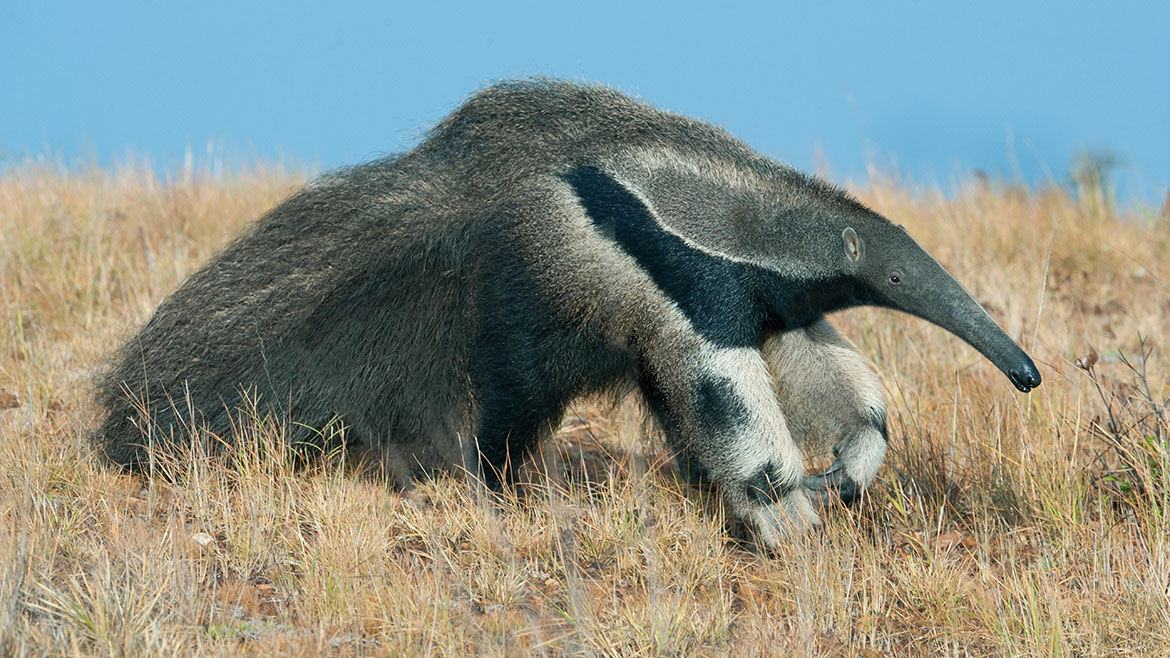
Giant anteaters in Guyana
Guyana was known as British Guiana until it gained independence in 1966 and it is, today, the only English-speaking, cricket-playing country on mainland South America, says Simon Barnes in the Daily Mail.
Flying south from the capital Georgetown, “you see a lot of green below – unbroken expanses of rainforest that look like the world’s biggest collection of broccoli”. Where the north savannah grassland, swamp and flood forest meet on the river Rupununi, you will find Karanambu Lodge – a one-time family cattle ranch and now a “thrilling eco-tourism destination”. From here, “we set out in pursuit of… one of the [world’s] unlikeliest animals”, the giant anteater. Eventually, one is spotted. It emerged from a bush with a face “so narrow it was almost a tube” and a “massive” bushy tail. “I would cross the world for a wild sight that lasts a couple of seconds – this anteater was far more generous than that.”
Later, while taking a “gentle boat ride” on the Rupununi, “we travelled sweetly on, past kingfishers and hummingbirds, along waterways walled and in places roofed by the dense riverine forest”, says Barnes. Kaieteur Falls, the world’s tallest single-drop waterfall, is a must-see along the way.
The nine-day Guyana in Living Colour tour with Wilderness Explorers costs from £3,088 per person.
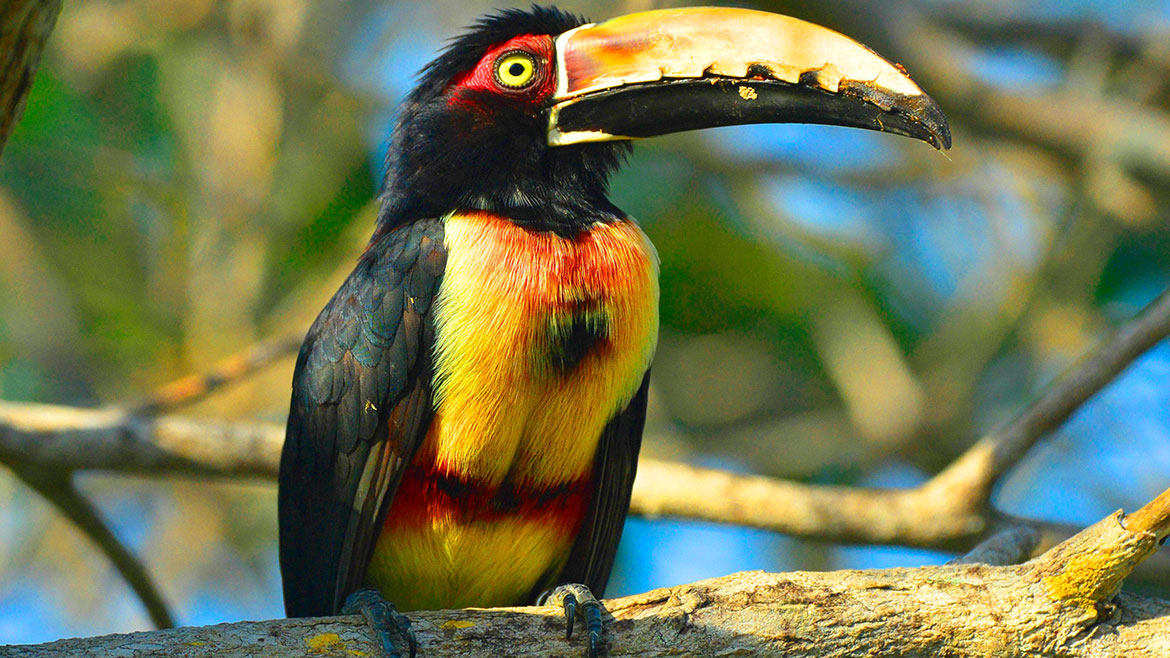
Birding heaven in Colombia
“Colombia is birding heaven,” says Adam H. Graham in The Wall Street Journal. Not only does it have more bird species than any other nation, at 1,958 and counting, but of those, 80 are only found in this country. Over the past quarter of a century, Colombia has swapped its reputation for drug-related crime for a “thriving environmentally focused and indigenous-led tourism industry”. “Birders and biologists have replaced guerrillas and narcotraffickers” in the quiet corners of the country. One such tranquil spot is Barú – a mangrove-fringed peninsula situated a 25-minute speedboat ride from the city of Cartagena.
Here, the Sofitel Barú Calablanca Beach Resort is a “splashy” new hotel and a good base from which to start looking for birds. Serious twitchers may scoff, but Barú’s National Aviary of Colombia, an 18.5-acre refuge for birds caught up in South America’s illegal animal trade, is a good place to start. Otherwise, engage in a spot of “lazy birding”, beginning with a cocktail from the Sofitel beach bar. “I [then] walked a coastal mangrove trail in my flip-flops, where ripples from the lagoon lapped over white sand [and] spied a roll call of delightfully named birds,” including streaked flycatchers, brown-throated parakeets and bananaquits – “[all] without even really trying”.
Sofitel Barú Calablanca Beach Resort, from around £400 a night.
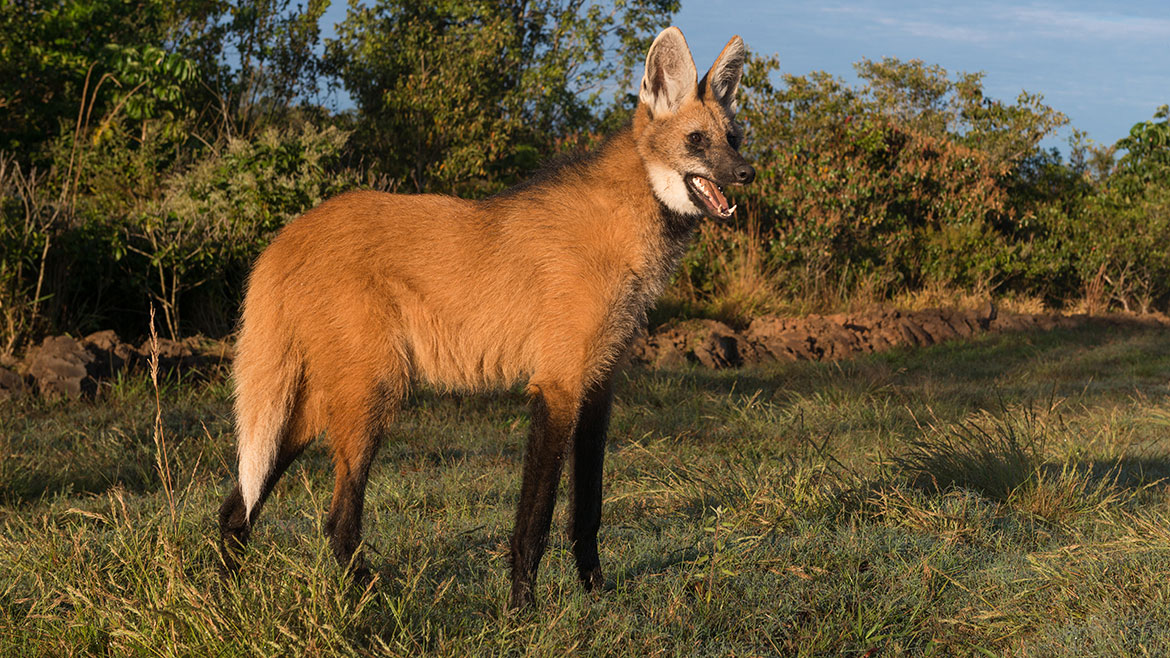
The elusive maned wolf in Brazil
“In Brazil, the cerrado is the country’s vacant heart, a grassland of long horizons and huge skies,” says Stanley Stewart in the Financial Times. It is here, in South America’s second-biggest biome after the Amazon, that the elusive maned wolf lives. “It is a supermodel of the animal kingdom, the most beautiful of canids, shy, slender, fine-boned, with a golden coat and long legs. It would make a leopard look clumsy.” But the wolf’s habitat is under threat from vast tracts of land being turned over to large-scale agriculture, in particular, that of soybeans. Conservation efforts focus on wildlife breeding, small-scale sustainable ranching and low-impact tourism.
Pousada Trijunção is an “old-fashioned ranch house” and an “elegant rustic lodge – all salvaged wood and rich South American fabrics”. The kitchen produces “hearty meals” and the small bar has “excellent” caipirinhas. There is also a swimming pool, “where you can pass long afternoons dreaming of wolves”. After three hours spent tracking a maned wolf, suddenly there she was, “as we came round the bend – trotting across the track as elegantly as a ballerina crossing a stage”. “Then, she was gone, the tip of her tail disappearing into the long grass.”
Double rooms at Pousada Trijunção from about £575 per night with Niarra.
This article was first published in MoneyWeek's magazine. Enjoy exclusive early access to news, opinion and analysis from our team of financial experts with a MoneyWeek subscription.
Related articles
Get the latest financial news, insights and expert analysis from our award-winning MoneyWeek team, to help you understand what really matters when it comes to your finances.

-
 Early signs of the AI apocalypse?
Early signs of the AI apocalypse?Uncertainty is rife as investors question what the impact of AI will be.
-
 Reach for the stars to boost Britain's space industry
Reach for the stars to boost Britain's space industryopinion We can’t afford to neglect Britain's space industry. Unfortunately, the government is taking completely the wrong approach, says Matthew Lynn
-
 8 of the best properties for sale with beautiful kitchens
8 of the best properties for sale with beautiful kitchensThe best properties for sale with beautiful kitchens – from a Modernist house moments from the River Thames in Chiswick, to a 19th-century Italian house in Florence
-
 Review: Eliamos Villas Hotel & Spa – revel in the quiet madness of Kefalonia
Review: Eliamos Villas Hotel & Spa – revel in the quiet madness of KefaloniaTravel Eliamos Villas Hotel & Spa on the Greek island of Kefalonia is a restful sanctuary for the mind, body and soul
-
 Adventures in Saudi Arabia
Adventures in Saudi ArabiaTravel The kingdom of Saudi Arabia in the Middle East is rich in undiscovered natural beauty. Get there before everybody else does, says Merryn Somerset Webb
-
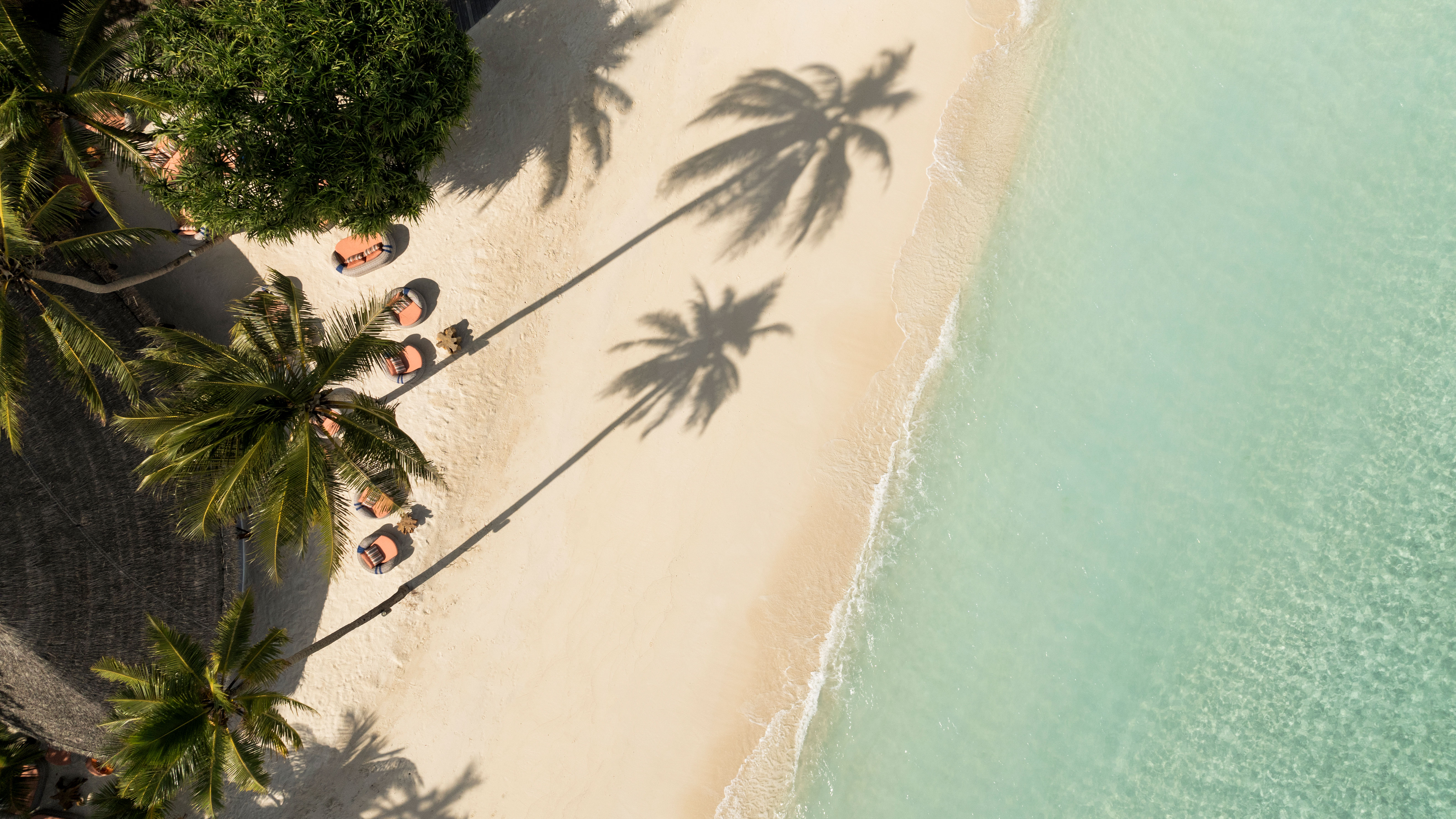 Review: Constance Moofushi and Halaveli – respite in the Maldives
Review: Constance Moofushi and Halaveli – respite in the MaldivesTravel The Constance resorts of Moofushi and Halaveli on two idyllic islands in the Maldives offer two wonderful ways to unwind
-
 Affordable Art Fair: The art fair for beginners
Affordable Art Fair: The art fair for beginnersChris Carter talks to the Affordable Art Fair’s Hugo Barclay about how to start collecting art, the dos and don’ts, and more
-
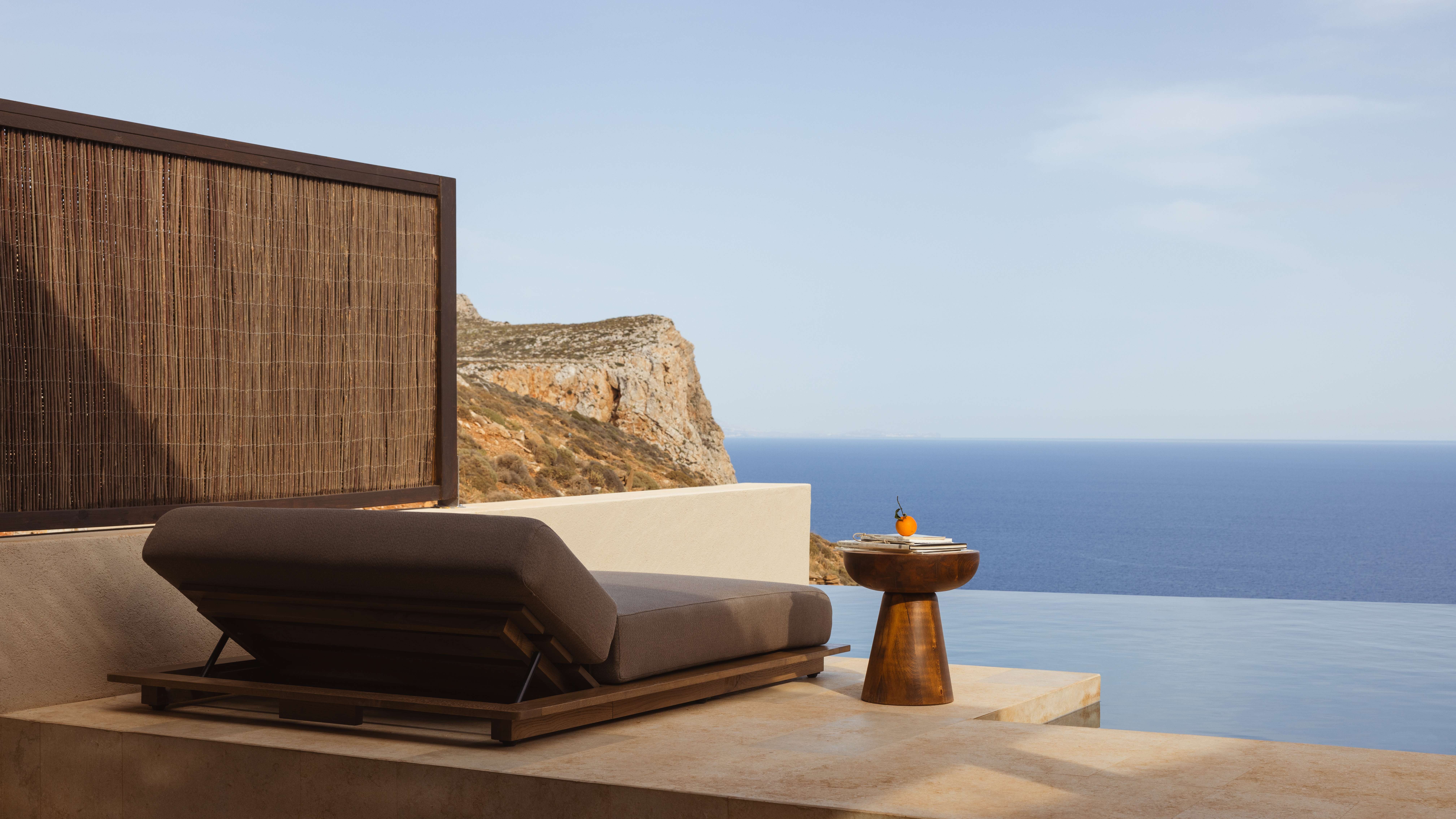 Review: Gundari, a luxury hotel in the Greek island of Folegandros
Review: Gundari, a luxury hotel in the Greek island of FolegandrosNicole García Mérida stayed at Gundari, a luxurious hotel on Folegandros, one of the lesser-known islands in the southern Cyclades in Greece
-
 Fine-art market sees buyers return
Fine-art market sees buyers returnWealthy bidders returned to the fine-art market last summer, amid rising demand from younger buyers. What does this mean for 2026?
-
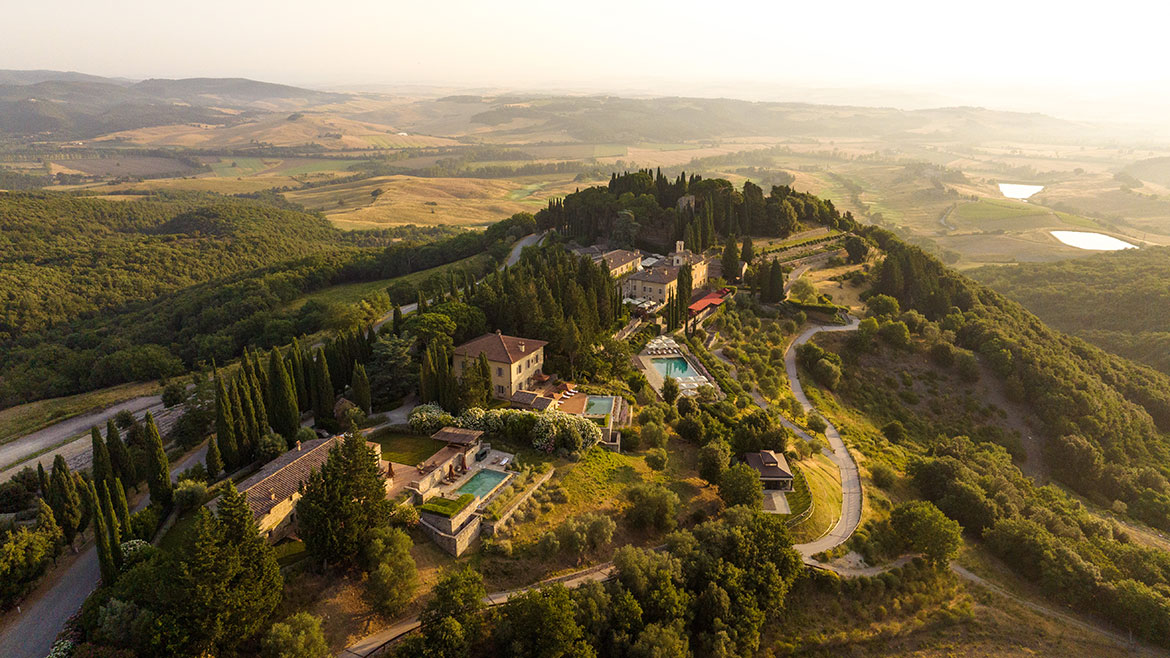 Review: Castiglion del Bosco, A Rosewood Hotel – a Tuscan rural idyll
Review: Castiglion del Bosco, A Rosewood Hotel – a Tuscan rural idyllTravel Play golf, drink exquisite wine and eat good food at Castiglion del Bosco, A Rosewood Hotel, all within the stunning Val d’Orcia National Park in Tuscany